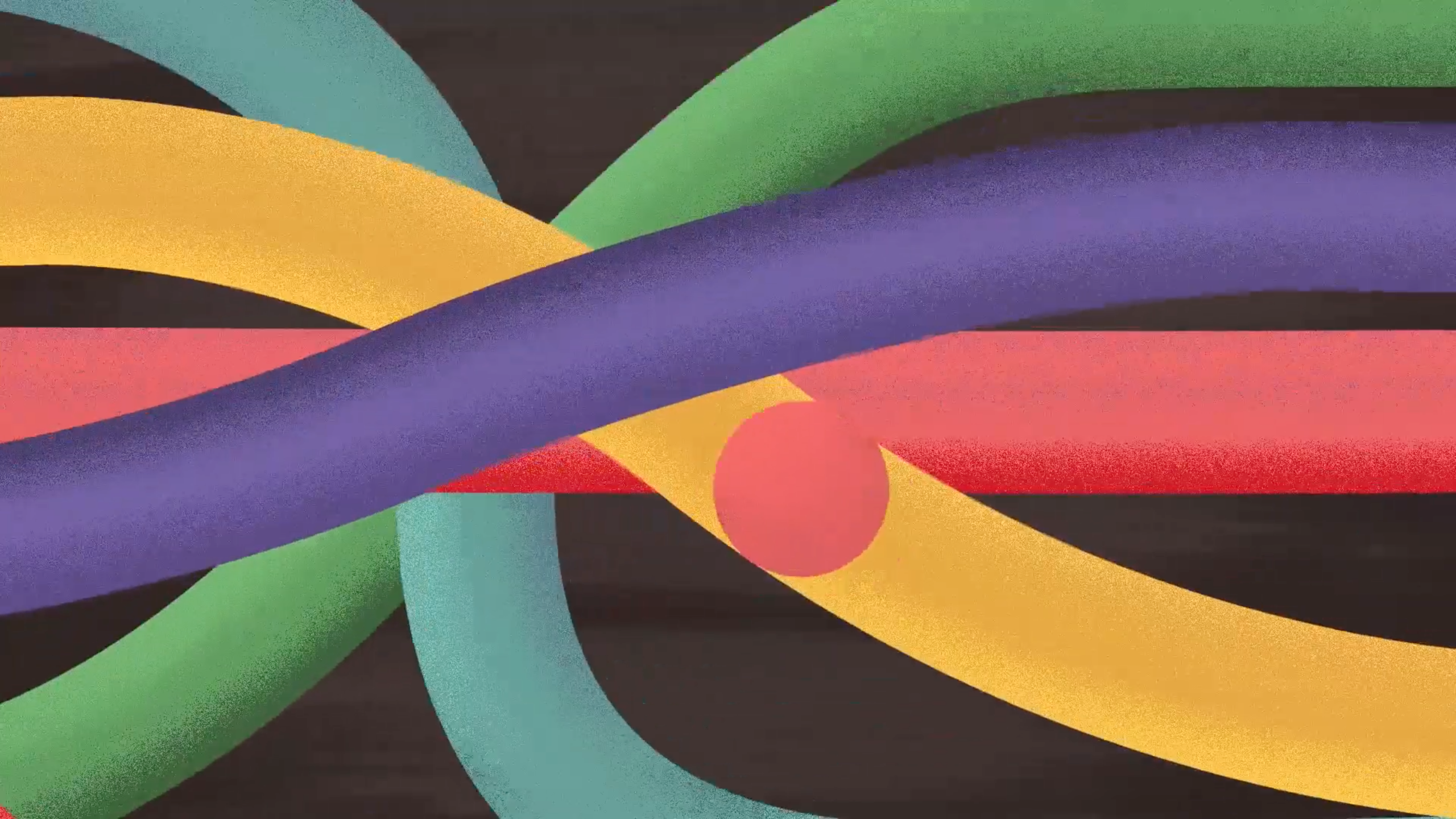
Hub Blog
All the news
Latest Stories
Featured Stories

How The Use of Parody in Advertising Has Evolved
Earlier this year MailChimp, the email marketing service, launched an inventive and successful campaign based on the insight that people mispronounce the brand's name. The brand parodied this in their campaign where they created various products, events and videos that played off its name but didn’t directly reference the brand.
HOW THE USE OF PARODY IN ADVERTISING HAS EVOLVED
In this video, MailChimp explained how creating a brand of crisps called ‘FailChips’ and a beauty treatment called ‘SnailPrimp’, among others, worked so successfully in driving brand awareness.
"We used mispronunciation as a creative device to inspire all kinds of different executions, knowing that people would be curious about what they were seeing and search for more information," said Mark DiCristina, senior director of brand marketing at MailChimp, in a statement. “We have a history of not taking ourselves too seriously and having fun with our name, and this felt like a perfect way to introduce ourselves to potential new customers in a big and creative way."
KFC created a hoax marketing campaign when they apparently launched ‘clean eating burger’ which consisted of a cauliflower bun, almond yoghurt and spiralized chicken breast. It was created in conjunction with ‘clean living fanatic’, Figgy Poppleton-Rice – but upon examination, her Instagram account was only six days old when the campaign was launched.
This campaign was clearly parodying the clean eating movement, coupled with a made-up influencer, and received a lot of attention on social media.
USE OF PARODY IN THE PAST
Parody has long been a tool that is used to attract and retain the attention of the consumer.
Terry’s Chocolate Orange, who regularly use humour in their marketing strategy, created a parody advert based on the famous opening scene from Indiana Jones and Raiders of The Lost Ark in the 1980s. The whole campaign was based around the tagline, ‘How safe is yours?’
Owing to the hype the film and trilogy had received the scene was very familiar to a wide audience and parodying allowed viewers to also be ‘in’ on the joke.
In 2010 PG Tips launched a parody advert, based on the When Harry Met Sally.
Parodying the infamous scene, the face of PG tips - Jonny Vegas and monkey (a puppet) have a lot of tongue in cheek fun while the tone and message are still aligned with their marketing communication.
SUMMARY
The evolution between these two more traditional parody adverts, and the two from MailChimp and KFC is significant. Instead of replicating a scene from a film but with a brand twist, both MailChimp and KFC have created original pieces of work that parody an insight – not an existing idea. Consumers have also become more sophisticated, they are more cynical and have a variety of messages vying for their attention. The creativity, the innovation, has had to move on in order to make adverts stand out from the crowd.
Subscribe Email
Popular Stories


Lorem Ipsum is a simple dummy text used as a dummy text contents. Lorem ipsum will be replaced. Lorem Ipsum is a simple dummy text used as a dummy text contents. Lorem ipsum will be replaced.Lorem Ipsum is a simple dummy text used as a dummy text contents. Lorem ipsum will be replaced.




